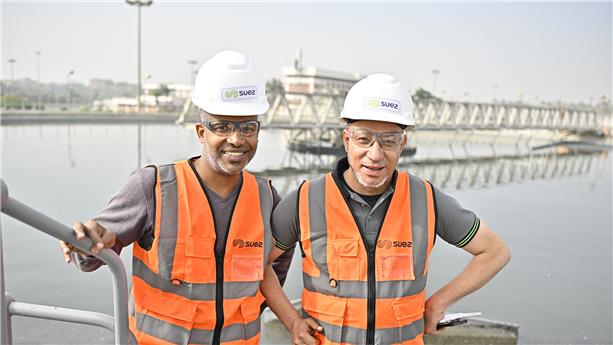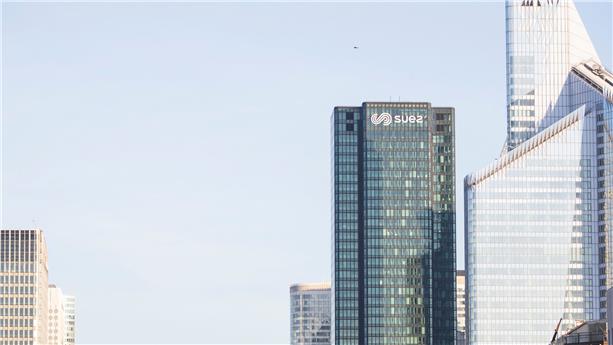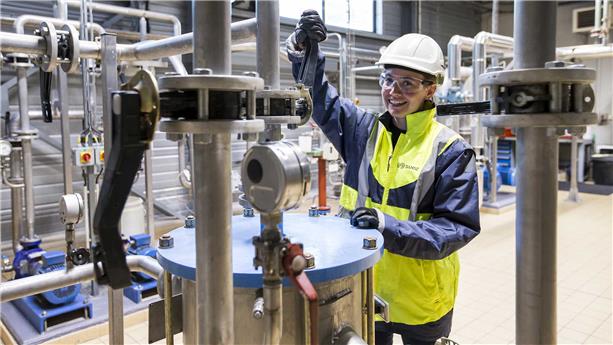
SUEZ signs contract for wastewater treatment with Maynilad to clean Manila Bay and improve residents’ quality of life
Manila Bay is an important body of water, at the centre of economic activity in the country. However, years of untreated sewage discharge and accumulation in the bay have rendered it one of the country’s most polluted water bodies. SUEZ will establish the Central Manila Sewerage System (CMSS) Water Reclamation Facility to fast-track Manila Bay's rehabilitation, showcasing an ambitious commitment to environmental restoration.
Located in the port area of Manila, the 180 million litres per day treatment facility will ensure that the treated wastewater will comply with Philippines’ Department of Environment and Natural Resources (DENR) effluent regulations, comparable to European Union standards. The rehabilitation will also positively impact Laguna Lake which is connected by the Pasig River and a key source of drinking water for millions in the region.
The project will leverage SUEZ's proven and innovative pioneering technologies, Cyclor Turbo, in the treatment process. These compact, robust, and resilient technologies will support the integrity and quality of the facilities within a limited space to save land while also reducing the overall environmental footprint through low power consumption.
In addition, SUEZ will undertake the rehabilitation of the decades-old Tondo Sewage Pumping Plant, and a conveyance system will be constructed as part of the CMSS to convey raw wastewater from customers to the treatment facility. Launched in January 2024 and set to commission in 2027, the CMSS project aims to enhance the lives of around 1 million people across a sprawling 2,820-hectare area.
Ramoncito Fernandez, President and CEO of Maynilad, said, “The Central Manila Sewerage System is one of the major projects that Maynilad is pursuing in line with its commitment to help rehabilitate and protect the Manila Bay. Through this monumental undertaking, we aim to enhance quality of life by ensuring cleaner waterways and healthier communities.”



